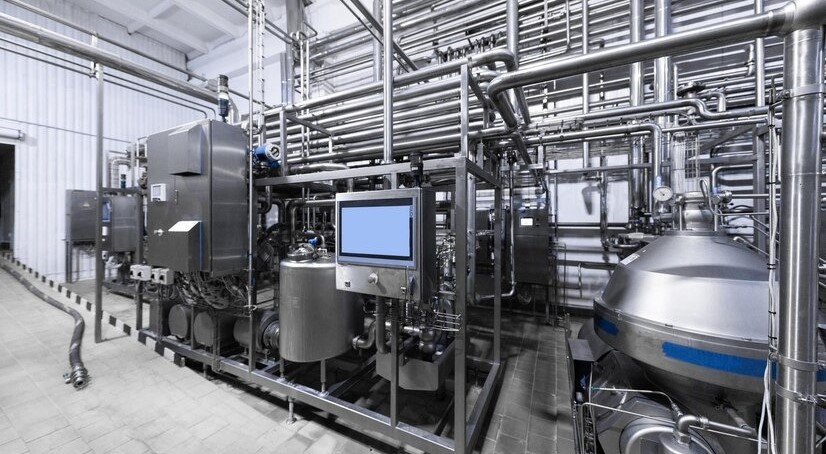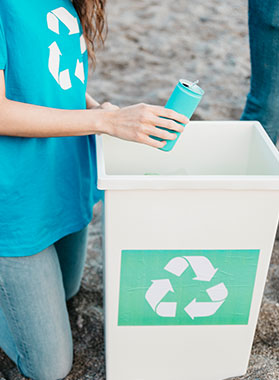
Our Services
At Oilchem, we are dedicated to providing cutting-edge, sustainable solutions for managing plastic waste, municipal waste, and lithium batteries. Our services are designed to be cost-effective, efficient, and environmentally friendly, ensuring that you get the best value for your investment while contributing to a cleaner planet.
1. Plastic Processing Plant Setup
Our primary service is the design, setup, and operation of plastic processing plants using advanced pyrolysis technology. We offer affordable plant setup solutions across India, enabling businesses and municipalities to convert plastic waste into valuable fuel efficiently and sustainably.
Key Features
- Catalyst-Free Pyrolysis Process: Our unique process operates without any catalysts, reducing chemical contamination and simplifying the conversion.
- Cost-Effective Solutions:We provide plant setup at competitive prices, making sustainable waste management accessible to all.
- High-Quality Fuel Production: The fuel produced is free from wax and thoroughly filtered, ensuring it meets industry standards.
Benefits:
- Reduces plastic waste
- Produces clean, efficient fuel
- Lowers operational costs
- Promotes sustainable practices
- Our Packages:
1.Starter Package:
- Setup Cost: ₹2.5 Crore
- Capacity: 2 Ton/Batch
- Ideal for small-scale operations:
- Perfect for medium-sized enterprises:
- Setup Cost: ₹3.5 Crore
- Capacity: 6 Ton/Batch
- Best for large-scale production:
- Setup Cost: ₹5.5 Crore
- Capacity: 10 Ton/Batch
- Fuel Output Parameters :
- Wax: No
- Color: Diesel Color, Transparent Color (MTO), LDO Color
2.Green Coal from Municipal Waste
We offer innovative solutions for converting municipal solid waste into green coal, also known as Refuse-Derived Fuel (RDF). This process involves sorting, shredding, drying, and pelletizing non-recyclable waste materials to create a high-energy fuel that can be used in various industrial applications.
Key Features
- Waste Reduction: Diverts waste from landfills, reducing environmental impact.
- Energy Efficiency:Provides a high-calorific-value fuel for industrial boilers, cement kilns, and power plants.
- Environmental Benefits: Lowers greenhouse gas emissions by reducing reliance on fossil fuels.
Benefits:
- Efficient waste management
- Sustainable energy production
- Lowers operational costs
3. Lithium Battery Recycling
Our comprehensive lithium battery recycling service is designed to manage the growing challenge of battery waste. We ensure the safe and efficient recycling of lithium batteries, recovering valuable materials and minimizing environmental impact.
Key Features
- Safe Recycling Process:Adheres to strict safety standards to handle hazardous materials.
- Material Recovery:Recovers valuable metals such as lithium, cobalt, and nickel for reuse in new batteries.
- Environmental Protection: Prevents harmful chemicals from contaminating the environment.
Benefits:
- Reduces plastic waste
- Produces clean, efficient fuel
- Lowers operational costs
- Promotes sustainable practices


